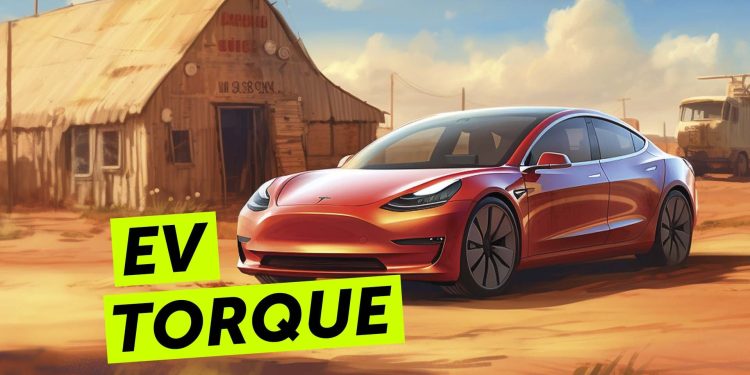EV Torque – Aussie to go all in on EVs?
Words: Mark Gilbert
One of our national pastimes is comparing ourselves to Australia. On the occasions when we are superior, there’s universal celebration. When we’re not, there’s collective despair.
When it comes to EV uptake, we’re well ahead of those in the West Island. EVs comprised just 3.8 per cent of new car sales in Australia last year, compared with nine per cent globally.
In New Zealand, pure BEVs made up 9.8 per cent of sales in 2022, while almost 23 per cent of new light vehicle sales in March were electric.
EV uptake is necessary for Australia to meet its climate goals and reduce its emissions by more than 40 per cent by 2030 and to reach net-zero by 2050. Currently transport is projected to be Australia’s largest source of emissions by 2030.
The Australian Government knows this and has released a National Electric Vehicle Strategy. So we may be on the cusp of witnessing a come-from-behind Australian victory as far as EV uptake is concerned. Although, this may be a triumph that we can happily live with.
Theoretically, the more demand that comes from Australians for electric vehicles, the better, at least over the medium term.
Collectively, Australia and New Zealand will be a more lucrative proposition for global automakers in terms of supply of new models. In the short term however, we may be competing with Australia for that supply.
The Australia strategy spans vehicle supply, consumer demand, and infrastructure. Sensibly, it is bringing together all the core aspects of this widespread transition in transport into a unified plan.
We haven’t yet gone down this path in New Zealand, despite calls from Drive Electric to do so. However, we are currently consulting on New Zealand’s first national EV charging strategy – which is the fundamental platform to EV adoption.
And we already have effective policies supporting EV uptake.
A key pillar of the Australian strategy will be the introduction of fuel efficiency standards, which are to be consulted on. We introduced these here on 1 January, and they are an effective way to reduce emissions across the fleet.
Australia remains in the company of Russia as the only developed country not to have fuel efficiency standards. On average, new cars in Australia use 40 per cent more fuel than those in the European Union, 20 per cent more than in the US, and 15 per cent more than New Zealand.
This costs Aussies money. Analysis shows that the average petrol car in Australia costs AUD$2400 to fuel annually, while the average EV costs $400 to charge.
The strategy also recognises that Australia will play an important role in the world’s transition to electric vehicles.
Half of all raw materials used in battery production are already mined in Australia. This is one area the Aussies have us clearly beat. And smartly, the Australians are investing considerably in moving beyond mining, up the value chain, and into battery production.
To support access to EV charging facilities across the nation, the Australian government will invest, develop and deploy a national mapping tool for EV charging infrastructure. This is an idea that could be considered in New Zealand.
There is an opportunity to forecast EV demand and overlay this with site availability for public chargers and electricity infrastructure to help make investment decisions.
The other aspect of the strategy that strikes me as forward-thinking is the update to Australia’s National Construction Code last October, which will ensure that new buildings are designed to enable the installation of renewable energy and EV charging.
They’re also scoping how to support the retrofitting of charging infrastructure, which is another challenge we need to address here.
Like all good government strategies, this Australian one is big on promises and at times short on detail. But Australia has enormous potential to invest in renewable energy, mine critical minerals, and develop battery production.
So you wouldn’t put it past the Aussies to make real progress and harness the economic and environmental benefits of electric vehicles.





